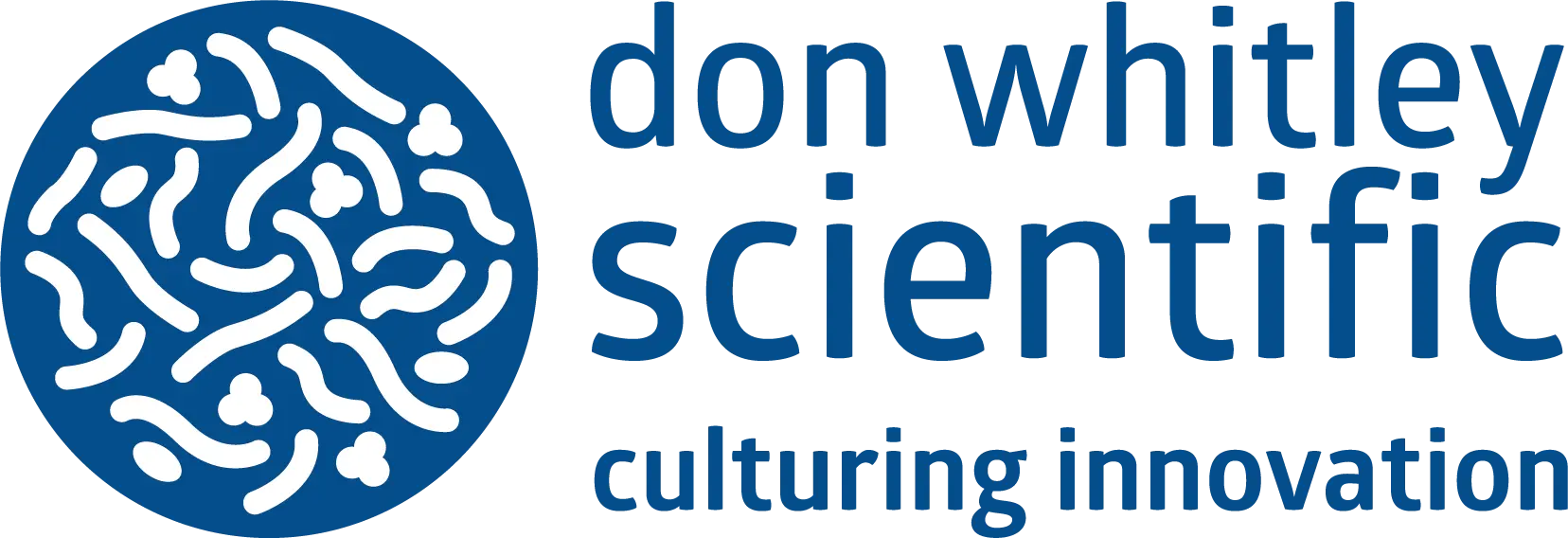
Cancer cells adapt many different processes and mechanisms to promote their survival and proliferation, including cellular transformation. Cancer cells, or normal stem cells, undergo cellular transformation to evade the typical anti-cancer responses, including apoptosis and phagocytosis by advancing their aggregation, cell fusion capabilities and growing into spheroids [1]. Once apoptosis is triggered, cancer cells undergo blebbishield-mediated transformation, which then drives K-Ras cellular transformation, however, despite the process being synonymous with spheroid growth, studies have suggested that spheroid growth is not a perpetual feature of cellular transformation [1].
As an important step in K-Ras-driven cellular transformation, the apoptosis process incorporates different events to promote cancer cell survival, such as:
- Mitochondrial protection from outer membrane permeabilization, (primarily initiated by reactive oxygen species detoxification systems).
- Protecting anti-apoptotic target molecules (including XIAP, c-IAP1, etc.)
- Promoting galectin-3, which is a β-galactoside binding protein, to overrule immunological and phagocytotic checkpoints.
- Suppression of p53-dependent checkpoints, to overrule chromosomal instability checkpoints.
p53-dependent apoptosis is amongst the main signalling pathways recruited in apoptosis of cancer cells via the p53 protein, so is a usual area of consideration in studies investigating hypoxia and tumour cells. For example, recently, Pyne et al. used a Whitley H35 Workstation to assess the capability of microfluidic models of flow in cancer biology to discover tumour biomarkers, whilst also considering the relevance of different oxygen levels [2]. Within their study, they looked at different transcription factors, cytokines and signalling pathways involved, including p53, as this transcription factor is relevant for DNA damage response-regulated gene expression [2]. Although they found no significant change in p53 levels in IFF-like perfusion, ongoing efforts to investigate this notable transcription factor is still prevalent in current research and hopefully this will continue [2].
With the vast array of mechanistic and genetic influences on cellular transformation, there is hope that research into these areas will lead to new or cancer therapies.
Read the paper by Pyne et al. on our free published paper database
References
- Godwin I, Anto NP, Bava SV, Babu MS, Jinesh GG. Targeting K-Ras and apoptosis-driven cellular transformation in cancer. Cell Death Discovery. 2021 Apr 14;7(1).
- Pyne E, Reardon M, Christensen M, Pablo RM, Taylor S, Iles A, et al. Investigating the impact of the interstitial fluid flow and hypoxia interface on cancer transcriptomes using a spheroid-on-chip perfusion system. Lab on a Chip. 2024 Sep 4;(19):4609–22.


 en
en

 English
English